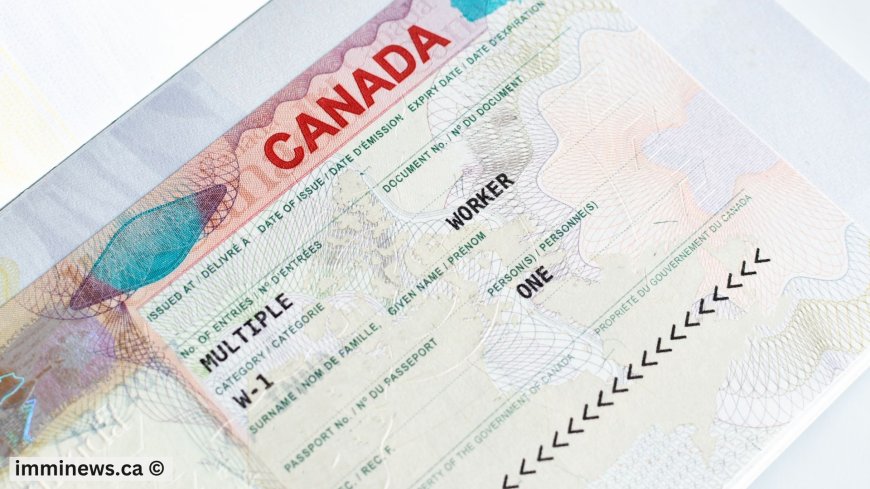Alberta Eases Immigration Rules for Workers | Canada immigration News
Alberta waives work experience requirements for AAIP applicants affected by wildfires, offering new job opportunities and support for impacted workers.

In response to the devastating wildfires in Alberta, the Alberta Advantage Immigration Program (AAIP) has introduced temporary changes to its eligibility criteria. These changes are designed to support workers whose employment has been impacted by the fires, particularly those in the tourism and hospitality industries.
Temporary Waiver of Work Experience Requirements
From July 19, 2024, to November 30, 2024, the AAIP has temporarily waived specific work experience requirements for candidates applying through the Alberta Opportunity and Tourism and Hospitality Streams. This adjustment aims to help workers affected by the wildfires find new employment quickly, without the need to meet the usual work experience criteria.
The Alberta government announced that the program would accept open work permits issued by Immigration, Refugees, and Citizenship Canada (IRCC) for workers in these streams who have been affected by the wildfires and are seeking new job opportunities.
Work Experience Requirements for Affected Streams
Under normal circumstances, candidates in the Tourism and Hospitality stream would be required to have six consecutive months of work experience (780 hours) with their current employer. Meanwhile, applicants in the Alberta Opportunity Stream typically need:
- At least 12 months of full-time work experience in their current occupation in Alberta within the last 18 months, or
- A minimum of 24 months of full-time work experience in their current occupation in Canada, abroad, or a combination of both within the last 30 months.
For Post-Graduation Work Permit holders, the requirement is a minimum of six months of full-time work experience in their current occupation in Alberta within the last 18 months.
These temporary measures do not affect those applying through the Rural Renewal and Express Entry pathways, as these streams do not have specific work experience requirements.
Additional Support for Wildfire-Affected Workers
The temporary waiver of work experience requirements is just one part of a broader set of measures aimed at supporting those affected by the wildfires. On July 26, 2024, the Alberta government announced additional support options for affected individuals, including:
- Free replacement of lost, damaged, or destroyed citizenship, immigration, or travel documents, including passports.
- The ability to extend or restore temporary resident status.
- The option to transition from an employer-specific work permit to an open work permit if unable to continue working for the current employer.
Applicants will have one year to demonstrate that they meet the criteria outlined by the AAIP, including securing a new, eligible job if they have lost their previous employment due to the fires.
The Alberta government has stated that all other criteria for each stream within the AAIP will remain in effect. Authorities will continue to monitor the situation closely and may introduce further updates as needed.
Impact of Wildfires on Alberta’s Economy
This summer, Alberta has experienced over 100 wildfires, causing significant damage and disruption, particularly in the tourism and hospitality sectors. Jasper, a major tourist destination, has been heavily affected, with 358 out of 1,113 structures lost to the fires. The evacuation notice for Jasper was only lifted on August 17, 2024.
The wildfires have not only displaced residents but also disrupted Alberta’s local economy. The tourism industry, which plays a vital role in Alberta’s economic growth, has been hit hard. With the province aiming to double the size of its tourism economy by 2025, the government’s response to the wildfires has focused on supporting both businesses and workers in this critical sector.
By easing immigration requirements for workers affected by the wildfires, Alberta hopes to provide stability for its labor market and ensure the continued delivery of essential services.
This temporary change in eligibility criteria reflects the province's commitment to adapting its immigration system to the needs of its economy and the challenges faced by its residents in times of crisis.
What's Your Reaction?
 Like
0
Like
0
 Dislike
0
Dislike
0
 Love
0
Love
0
 Funny
0
Funny
0
 Angry
0
Angry
0
 Sad
0
Sad
0
 Wow
0
Wow
0






































































